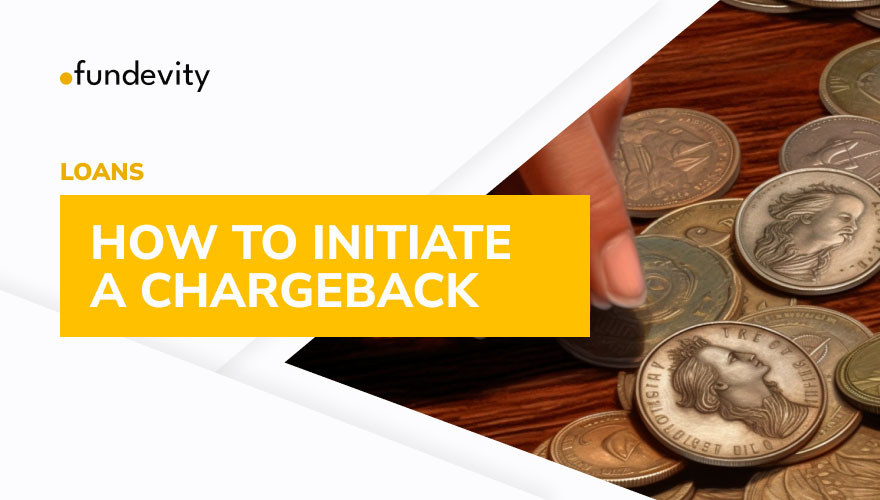How to Understand and Handle Chargebacks and Credit Card Disputes

If you just bought something and are unhappy with the item or the service, you may be able to file a dispute and use the chargeback process to get your money back. Before filing a chargeback with your bank, you should try to work things out with the merchant first. If the merchant doesn’t respond, and you’re left unhappy, you might want to file a dispute.
In this article, we will tackle how to handle chargebacks and credit card disputes. Here’s what you need to know about chargebacks and when to go after them.
What does “Chargeback” mean?
Chargebacks are bank reversals that allow customers to get their money back from a merchant if they are unhappy with a product or service. Most of the time, a customer will first start a dispute with their bank. When the bank gets a claim, they will look at it and decides whether to accept the chargeback.
A chargeback is a way for customers to get their money back from a transaction they don’t agree with. Most of the time, this means first starting a dispute with the merchant and giving them time to come up with a solution that works for both sides. If the merchant doesn’t fix the problem, the customer can then file a dispute with their bank.
How to Initiate a Chargeback
It’s important to note that chargebacks should only be used as a last resort if you’re unable to resolve the issue with the merchant directly. Initiating a chargeback can also affect your credit score, so it’s important to use this option carefully. With that said, here are the steps to follow when initiating a chargeback:
- Review your credit card statement. Before initiating a chargeback, review your credit card statement to ensure that the charge is incorrect or unauthorized. Sometimes, charges may appear different on your statement than you initially remember, so make sure to double-check the details and review the notes.
- Gather evidence. If you’re unable to resolve the issue with the merchant, gather any evidence that you have to support your claim. This may include emails, receipts, or any other documentation related to the purchase.
- Contact your credit card issuer. If you’re unable to resolve the issue with the merchant, and you believe you have a valid claim, contact your credit card issuer to initiate a chargeback. You’ll need to provide them with the evidence you’ve gathered to support your claim. Afterward, simply wait for the investigation, which can take up to several weeks or months.
Handling Credit Card Disputes
When a customer is unhappy with an item they bought, they can file a dispute with the seller and ask for a refund or a solution to the problem. If the seller doesn’t solve the problem to the customer’s satisfaction, the customer can file a dispute with their bank and ask them to look into the transaction. The bank will decide whether to start a chargeback.
In general, it’s important to stay calm, professional, and responsive throughout the dispute process. Be proactive in reaching out to the seller and the bank, and be sure to provide all the information and evidence needed to support your case.
To wrap up
Chargebacks and credit card disputes can be useful tools for consumers who have charges on their credit card statement that they don’t agree with or recognize. Chargebacks can be an effective way to protect consumers from financial loss, and they help to maintain the integrity of the credit card system by offering a layer of protection.
On the other hand, handling credit card disputes is imperative for avoiding fraudulent transactions that the consumer did not consent to, or vice-versa. Everything accounted for, remember such reminders as rights, which can be used in case of an unsatisfactory purchase or scam.
FAQs
Q: What if I don’t agree with my bank’s decision about a chargeback?
A: You may be able to appeal your bank’s decision on a chargeback if you don’t agree with it. Your bank will tell you how to do this. Usually, you will need to write a letter to the bank. You can also try calling the company that gave you your credit card to see if they can help.
Q: Are there any charges for chargebacks?
A: You may have to pay a fee for the chargeback, depending on your bank and the situation. It’s important to know what fees your bank might charge for a chargeback in case you need to file one.
Q: What happens if I have more than one problem with the same merchant?
A: If you have more than one dispute with the same merchant, you should try to settle each claim or dispute on its own. If your bank or credit card company thinks you are abusing the system, they may choose to limit or stop you from making chargeback claims.


